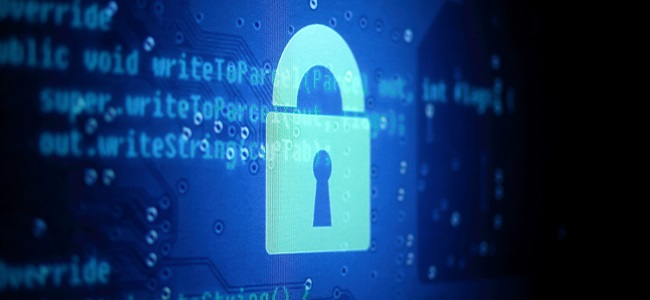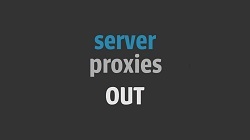
Charles took a first class honours in Computing Science from Glasgow University in 1985. His initial career was spent in software development and consultancy with Burroughs Machines, The Turing Institute and Unisys. Charles has worked with a number of successfulhigh-growth SMEs across a variety of sectors including medical devices, animal health and software development. He has been CEO of Web filtering and security specialists Bloxx since 2012.
During my professional experiences over the last year, cyberbullying, inappropriate behaviour, access to unsuitable content, privacy and productivity are key concerns of IT executives working in education. But despite the risks at stake, a quarter of education establishments permitting access to social media admit their acceptable use policy does not address the use of Twitter, Facebook or other mainstream social media platforms.
Chances are, your school uses a large amount of internet-connected devices during its daily business. How best to go about ensuring that everyone using them stays e-safe? Charles Sweeney, CEO at Bloxx, gives his top tips for keeping yourself covered.

The rapid, pervasive and unrelenting nature of the internet’s impact on the curriculum means that schools and other educational establishments have had to rapidly understand this changing environment. Balancing the great potential of the web with its inherent risks isn’t easy. In fact, the latter can sometimes seem overwhelming. Understanding the cybersecurity ecosystem and how it works is vital to helping educators identify what steps they need to take to protect young people.
When you’re in school, you want to defy boundaries, but those boundaries are generally put in place by school staff who know better. Policing how pupils use the internet without stifling their education can be difficult. On top of this, students can easily use proxies to access any site they wish, as Bloxx CEO Charles Sweeney points out.

The education sector has been quick to realise the potential of the Internet as a valuable and collaborative teaching aid. Certainly, the ability to interact with dynamic applications, collaborate with students from around the world and have guest speakers beamed into your classroom via video conferencing has changed education as we know it.
This can only be viewed as a good thing. Broadening children's horizons is key to developing a generation that will keep the UK at the forefront of economic developments, generate new business ideas that create jobs and nurture the talent that leads foreign companies to invest in Britain. But it also brings with it inherent security risks, and schools have a duty of care to protect children from any inappropriate or offensive online content. The ramifications of a five year old being exposed to inappropriate content over the school network has serious ramifications for the school.
1,300+ guest writers.
2,500+ ideas & stories.
Share yours.

A community-driven platform for showcasing the latest innovations and voices in schools
Pioneer House
North Road
Ellesmere Port
CH65 1AD
United Kingdom